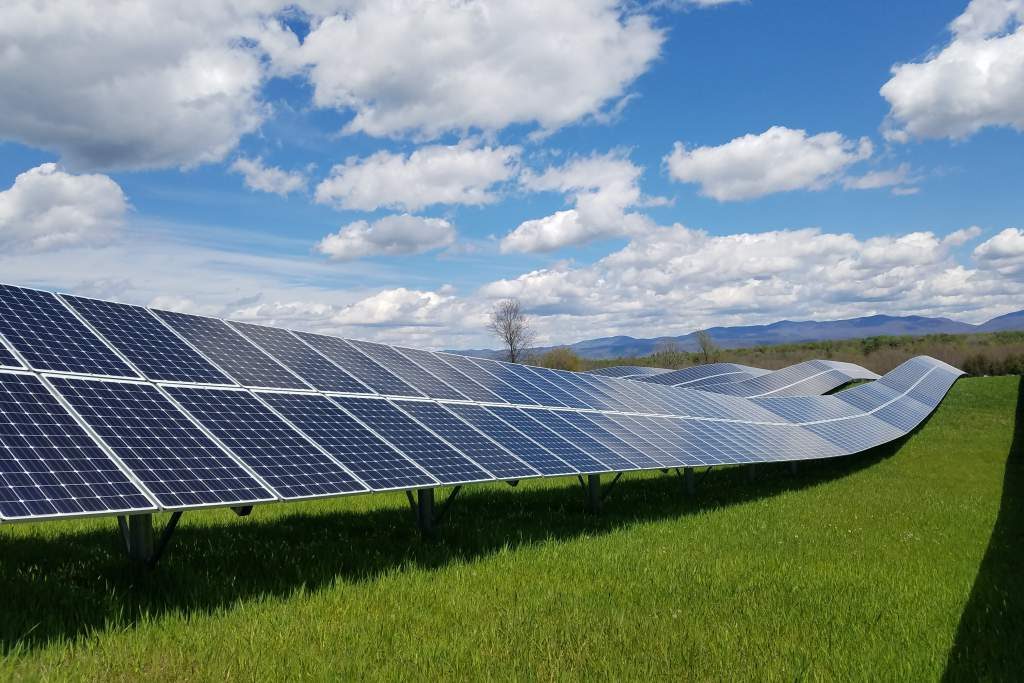
In September, we received the news that SunCommon, a private solar company (and Certified B Corp) that we first invested in back in 2013, would be acquired by iSun, a publicly traded, Vermont-based company. While SunCommon focuses on residential and small commercial installations, iSun has focused on solar arrays for commercial and industrial applications, clean mobility, smart cities, and off-grid solutions. iSun’s vision is to create a values-led, multi-segment clean energy platform. In addition to providing a handsome financial return to investors, the merger promises to extend the positive social and environmental benefits that SunCommon has generated over the past eight years. That’s something that is not always a given in these situations.
When Clean Yield invests in a private company on behalf of our clients, we do so with a focus on the social and environmental benefits the company generates in addition to the potential financial returns. One of the challenging parts of the process is ensuring that the social and environmental benefits generated during the period of our investment continue after the company goes through an exit or liquidity event. Commonly, these exits occur when the small/local company is purchased by a larger firm or a company from a different area. The acquirer may pay lip service to keeping the acquired company’s local presence and respecting its corporate culture, but all too often those commitments are short-lived; jobs are cut, manufacturing is relocated to other plants, and support for the local community withers away.
B Corps and other state-registered benefit corporations, like SunCommon, have protections against such outcomes written into their corporate charters. Those charters require that company directors consider the environment, community, and employees—not just shareholders—when making critical decisions. Still, we couldn’t have imagined a more attractive outcome for SunCommon than being acquired by another local company. Better yet, for several years, SunCommon outsourced its customer installations to iSun’s predecessor company, Peck Electric. Though SunCommon brought its installations back in-house in 2016, it got to know iSun’s senior management during that period of collaboration, giving it confidence that iSun would respect SunCommon’s mission and values. Further, the merger agreement assures that SunCommon will maintain its staffing and benefits, and iSun has committed to earning B Corp certification (a rarity for a public company). The merger agreement also explicitly encourages SunCommon to continue to pursue its Diversity, Equity, Inclusion, and Justice initiatives.
Thanks to our investments in SunCommon, we’ve seen both financial and social returns and that feels like a good exit to us.
